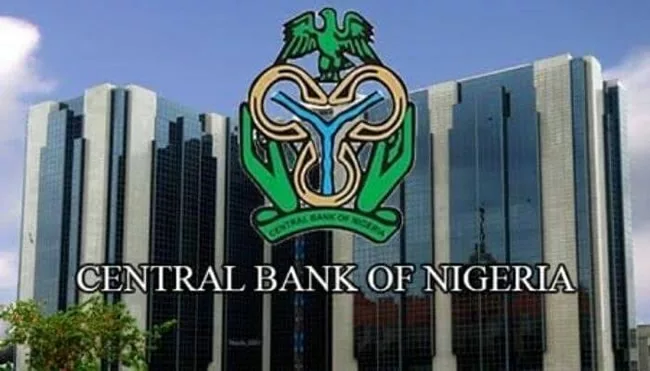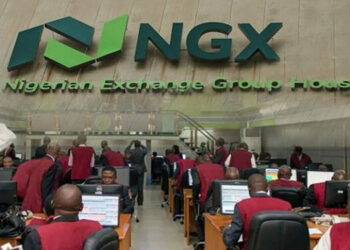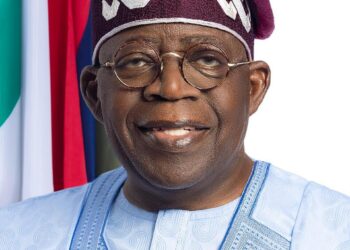In a notable revelation, the Central Bank of Nigeria (CBN) has disclosed that Nigeria’s broad money supply, a key indicator of economic liquidity, has reached an all-time high of N93.72 trillion as of January 2024.
This figure represents an extraordinary 76 per cent surge from the N53.14 trillion recorded in January 2023, showcasing a substantial year-on-year growth of N40.48 trillion.
The surge in money supply is detailed in the latest comprehensive money and credit statistics released by the CBN, highlighting significant shifts in Nigeria’s monetary dynamics. Compared to the previous month of December 2023, which stood at N78.74 trillion, January 2024 witnessed a robust 19 per cent increase, equivalent to N14.98 trillion.
Nigeria’s broad money supply (M3), encompassing both net foreign assets and net domestic assets, has been on a notable upward trajectory in recent years, reflecting the nation’s evolving economic landscape.
However, alongside this surge in money supply come several concerns. Notably, the potential inflationary impact raises alarms about the purchasing power of Nigerians.
Additionally, an inflated money stock often correlates with a decline in interest rates, posing challenges for global investor confidence and Nigeria’s need for sustained dollar inflows.
Despite the surge in money supply, Nigeria’s economic growth has remained tepid, with projected growth rates for 2024 estimated to be around 2.9 per cent to 3.1 per cent, among the slowest in West Africa.
This disparity between money supply growth and economic performance underscores the complexities of monetary policy implementation and its effectiveness in driving real economic activity.
Inflation emerges as a pressing concern, with the headline inflation rate skyrocketing to 29.9 per cent in January 2024. While projections suggest a potential decline, adverse economic conditions could see inflation peaking as high as 44 per cent.
As the CBN’s Monetary Policy Committee (MPC) gears up for its forthcoming meeting, discussions surrounding the implications of this expanded money supply on key policy decisions, particularly regarding the Monetary Policy Rate (MPR), are anticipated to take center stage. These deliberations hold significant weight in shaping Nigeria’s economic stability and growth trajectory.
However, potential conflicts loom between the CBN’s tightening monetary policy stance and the government’s objectives, particularly regarding plans to reduce interest rates.
Such conflicts underscore the delicate balance required in navigating Nigeria’s economic landscape amidst evolving domestic and global economic dynamics.





